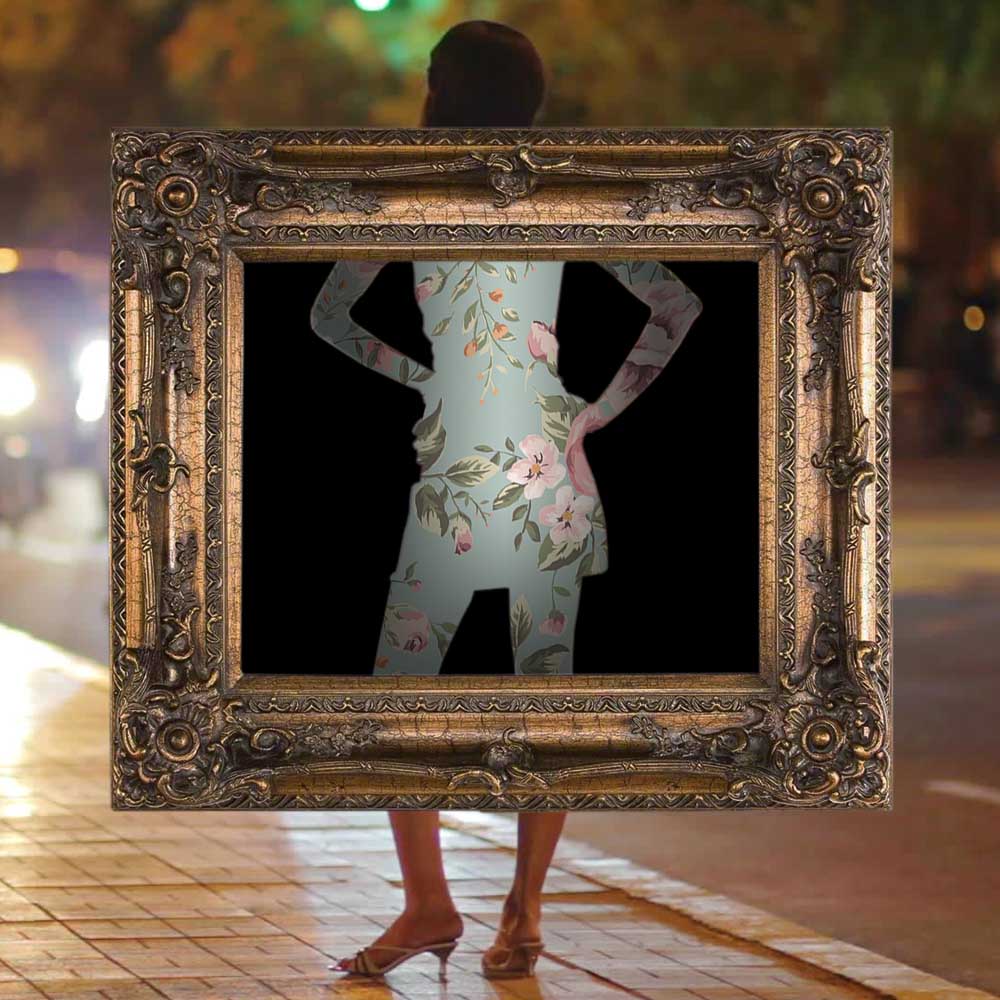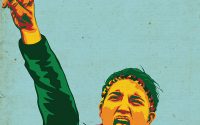Prostitution vs Abortion: neither a profession nor a crime~ 5 min

By Aline Rossi
Part one of three.
Stop comparing prostitution to abortion.
Just stop.
I think prostitution is just like abortion: to prohibit or pretend it is not happening won’t make it stop happening, it will just make it unsafe. If women can choose to abort, why can’t they choose to prostitute themselves?
This is a common argument among people who consider themselves even slightly progressive. It is founded upon the following assumptions:
- Refusing to regulate prostitution as “sex work” is the equivalent of prohibiting it or doing nothing about it;
- Prostitution is about the right to choose and have sovereignty over your own body;
- Prostitution is insecure and dangerous because it is not considered “work”;
Let us dissect these premisses in order to understand why prostitution and abortion are not symmetrical subjects with which to approach matters of choice, sovereignty and especially not public policy.
1. Legalize the pimp or criminalize the prostitute?
No, thanks.
This is the most common argumentative tactic of the regulatory lobby: framing the discussion as if having the law recognize prostitution as “sex work” is the only possible option. The only one capable of helping people in prostitution and make everything “safer”.
The discussion is, from the very beginning, guided by this pre-established framing. It leads the listeners and readers to surmise that everyone opposing the regulation of prostitution is, automatically, in favor of its criminalization or against the application of any pertinent public policies, instead leaving everything “as is”.
The listener or reader will quickly realize that the underlying idea transmitted by this framing is that everyone opposing regulation must therefore be against prostituted people. After all, to criminalize them is unfair and to leave things as they are is not conceivable. We know something must be done and that the person who prostitutes is not commiting a crime and thus should not be arrested.
To tell prostituted women that their only way out is to put on the prostitution shirt or to “leave things as they are” is, at minimum, cruel. These are not alternatives.
It is evident that the idea of circumscribing the debate exclusively around prostituted women (I refer to women, but this includes all people in situation of prostitution) assumes a victim blaming perspective. We are always looking for the problem, the error, the guilt in women: did she choose? Should she be criminalized? Is she victim or agent? Why is she in prostitution? Why did she enter prostitution in the first place?
This is how male chauvinist culpabilisation works. When a woman suffers a rape, the press, the “justice”, everyone charges in to turn her past upside down and discover her guilt: did she go out with many guys? Did she ask for it? What was she wearing that day? Did she try to resist? Why was she at that place? Why was she alone? Did she consent and then change her mind? Is she lying?
We never look at those who benefited and caused the problem. Why don’t we look at men and ask why they pay to have sexual access to a woman’s body? What makes him think he is allowed to do so? How does he look at women? Why does he do this to some women specifically and not others? Should he be criminalized?
There must be some who oppose regulation, like CDS (Democratic Social Center Party), because they want to impose a conservative ideal of women: the godly housewife, well-behaved, submissive. Privatized. As there must be some who call for regulation not out of concern for women’s rights, but instead interested in profiting, accumulating capital and exploiting an already open social wound.
Abolitionists do not oppose the regulation of prostitution out of a conservative ideal of woman, like CDS. Nor out of a neoliberal idea of freedom, like Left Bloc. Not even out of economic interest, like the businessmen of the billionaire sex industry. We refuse the paradigm “Criminalizing Women vs. Legalizing Buying”.
We propose something different: instead of regulating prostitution as work and thus give state permission for men to use their economic power to acquire sexual access to the most vulnerable women (as a rule), we propose a model which removes the burden of judgement from the shoulders of the prostituted person. It gives her the power to decide when abuse occurs and places responsibility on the shoulders of those using economic inequality as a means of coercion in order to obtain sex from other people.
In practical terms, this means to:
- Decriminalize prostitution;
- Criminalize those buying and those exploiting;
- Create means to assist those who want to leave prostitution; and
- Create an active sexual education program for society at large and for offenders, as a way to change the patriarchal mentality that naturalizes the commodification of the female body, especially regarding sex.
The paradigm is thus not whether we criminalize the prostitute or legalize the buyer, but rather if we legalize or criminalize those who create demand and profit from the commodification of bodies. The spotlight leaves the woman, who did not create the situation of prostitution, and goes over to the buying man, who is the real agent in the exchange.
Part two: Prostitution vs Abortion: choice and body sovereignty.
Aline Rossi writes in Portuguese at the blog Feminismo com Classe, where she also publishes translated feminist texts from all over the world at a prolific pace.




